
What water filtration system in the pool to choose? Baths, saunas and pools,Useful advice
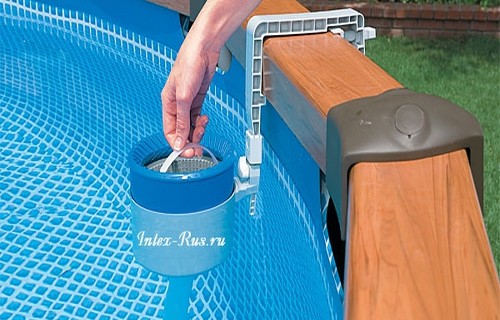
Filtering systems for pools are quite expensive pleasure. Therefore, to the question of the selection, the most seriously suitable. Any of the proposed filters will clean water from most malicious bacteria. Their differences are more likely to be more opportunities. Based on this and it is worth making a choice, selecting a specific system that meets your requirements as possible.
Content
Types of filtration systems
On the principle of water filtration, distinguishes:
- mechanical filters,
- chemical filters
- combined filters.
Cleaning the water of the pool with mechanical filters is the simplest procedure at which water passes through coal layers, sand and fertilizers (kill bacteria). This method allows you to get rid of small garbage and microorganisms that cause water flowering. Are the cheapest and occupy a minimum of space. Suitable exclusively for small pools with a volume of up to 10 cubic meters. m.
Chemical filters for water purification for the pool have various enrichment settings in arsenal and perform:
- chlorination,
- bromination
- iodization
- ionization
- ozonation.
Depending on the type of installation, it can simultaneously perform several procedures at once. These chemical reactions allow us to normalize the pH level, soften the rigid water and kill any extraneous forms of life. The simplest filters chloride or brominate water, creating a sufficiently rigid acid environment. It is harmful to human skin, so they recommend swimming no more than two hours a day. After that, you should take a shower. More expensive options gently belong to the skin. These installations are fairly dimensional, so it will be necessary to equip a special basement near the pool, in which there will be a tank for wastewater. Feedback is carried out using a pool pump filter.
Combined filters include a system of pumps with mechanical filters and chemical filters. Such a combination is optimal, but due to the high cost, it is recommended solely for public swimming pools.
Select a mechanical filter
Water in the pool is polluted more often not with fungus or bacteria, but by ordinary garbage (leaves, pebbles, etc.). Therefore, small home pools use inexpensive mechanical installations. The most popular sand filter for the pool. When this aggregate is selected, attention should be paid to:
- power,
- sand type
- the presence of a six-position crane.
By power, sand filters are divided into:
- small (up to 3 cubic meters per hour)
- medium (up to 10 cubic meters per hour),
- industrial (from 10 cubic meters per hour).
For household needs, small filters are usually used.
Sand for them is recommended to take a quartz with a fraction of 0.45-0.55mm. Changing once every 3 years. More expensive and high-quality - glass sand. It not only cleans water better, but also increases operation up to 5-6 years.
The six-position valve allows you to wash the sand without replacing it. This is the most important element of any sand filter. When choosing, it is necessary to check the presence of replaceable cranes in the store, since because of the hard water, they often fail.
Among the range of products offered for users reviews, the filters of companies are primarily attention:
- Intex,
- ESPA ARIES,
- IML,
- Hayward.
Often in stores offer inexpensive filters Emax Opus. This is a Chinese manufacturer, so the quality does not always correspond to the stated.
With the grants of business for the production of various accessories for basins, there are no special issues. The American company Intex is the world's largest leaders, its quality is always at the highest level, and the model range allows you to choose filters for a specific pool. Filters for pools, the price of which is somewhat lower, produced IML Spaniards and the French-American Hayward Concern. Their products are quite high-quality durable and has similar model near, characteristics and cost. The question of choice depends rather from visual preferences. Buy filters for swimming pools not inferior to these firms in quality, offers a young Spanish company ESPA ARIES. It is focused on the domestic consumer, so it offers a good price and copyright cleaning techniques.
Choice of chemical filters
If your reservoir has a volume of more than 10 cubic meters. m., the first thing should be thought about disinfection of water in the pools. With such a mass of water, pathogenic microorganisms are formed. They fall into the water together with the wind and actively multiply in a warm wet environment. Only chemical cleaning methods will be delivered from these parasites.
The simplest filter pumps are equipped with bromine, chlorine or iodine cartridges. They work according to the principle of sand filters, only the exception that the cartridges change significantly more often than the sand. This parameter is specified either in the instructions for the pump, or on the package with the cartridge. When choosing such aggregates, you should pay attention to their power. This is the volume of water, which for a certain time is enriched with a specific amount of chemical. This parameter is chosen depending on the rigidity of water and the volume of the pool. It is measured in grams per hour. Calculated by the formula: for every 10 cubic meters. m. Power increases by 2 per hour.
The unconditional leader in this industry are firms:
- Intex,
- IML.
Intex offers more accurate power setting, as the model range is significantly wider. IML has a water filter for the pool with combined cartridges in arsenal, i.e. At the same time, not only chlorination is performed, but also the introduction of other additives that align the pH and lower rigidity.
Select combined filters
Given that such aggregates consist of a whole system of various accessories, there is no single approach or recommendations for the choice of any option. In general terms, the procedure is the following steps:
- selection of pumps of appropriate power,
- selection of mechanical filters,
- selection of chemical filters
- installation of ozonization / ionization systems,
- preparation of pumproom,
- build and connecting the system.
It is very important when choosing such filtering to perform all these steps before the installation of the pool, as the installation and connection will require the relevant communications.
This option is although it is the most expensive, as it will require the purchase of not only several different filters, but also additional pumping equipment, as well as water pipes, but ensures one hundred percent protection from bacteria and dirt. In addition, only with such a water purification system, the pool does not need to drop and wash manually.
There are also various chemical additives that are sold in the form of tablets or powders. They are used as additional cleaning and disinfection tools, so it is impractical to allotte them into a separate system.
New comments
Add a comment
To send a comment you need authorize.

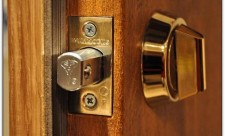

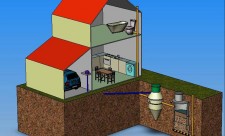
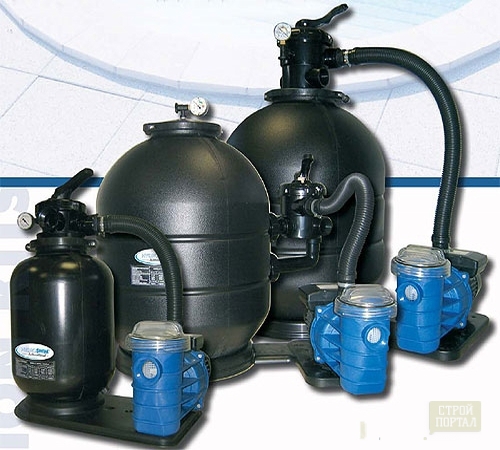
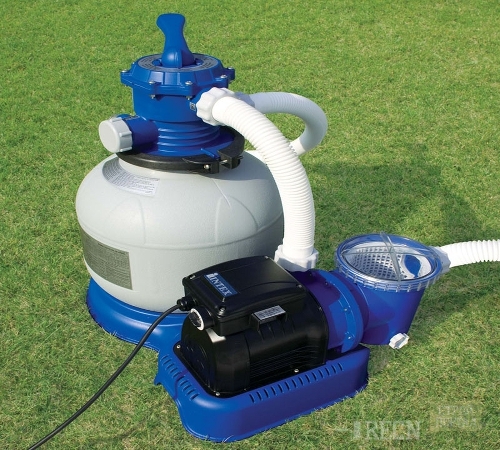
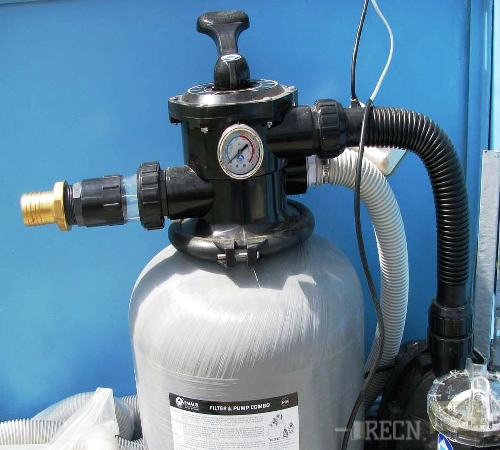
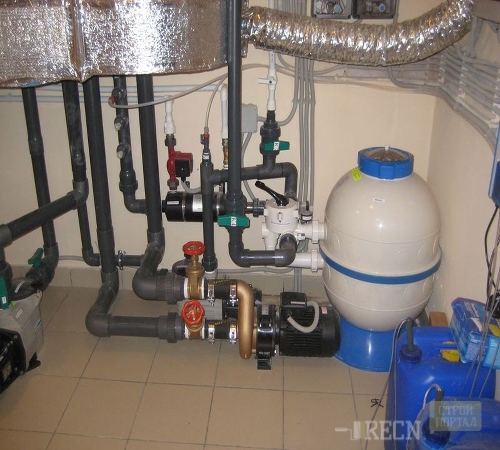


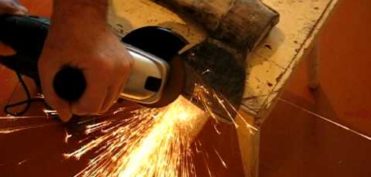
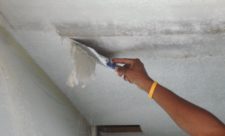
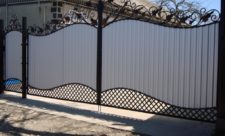
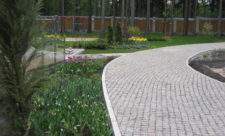
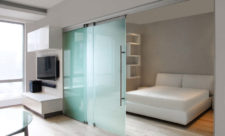








To date, the best filter for the pool is a sand filter. It is originally above the analogues (cartridge filter), but during operation it exits more economical + much more efficient.